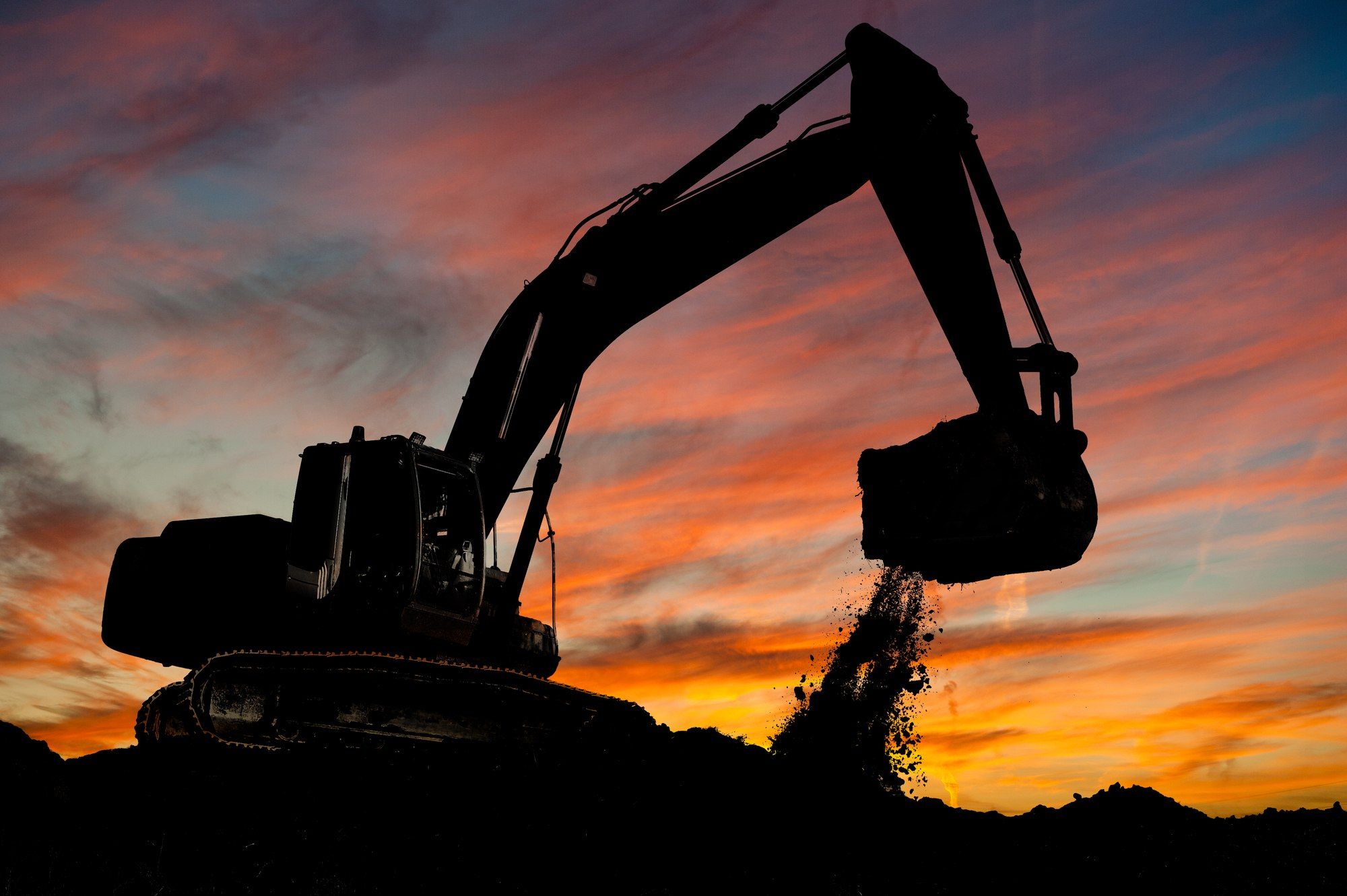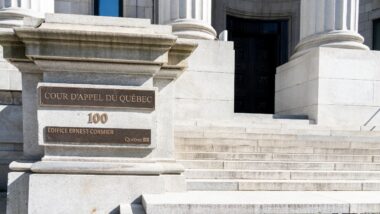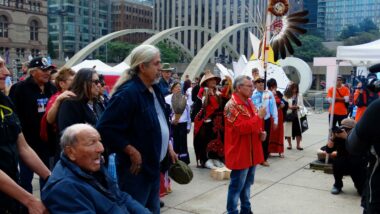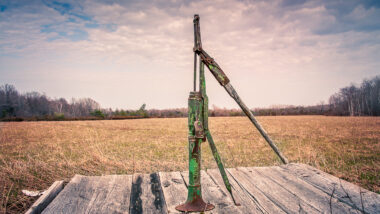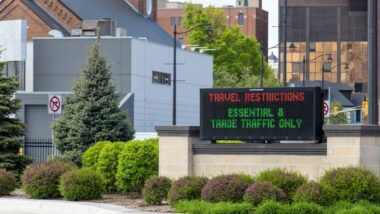Top Class Actions’s website and social media posts use affiliate links. If you make a purchase using such links, we may receive a commission, but it will not result in any additional charges to you. Please review our Affiliate Link Disclosure for more information.
A Canadian mining company has agreed to settle a human rights lawsuit filed by three refugees from Eritrea who said they were subjected to forced labour and torture during construction of Nevsun’s copper and gold mine in Eritrea.
Plaintiffs Gize Yebeyo Araya, Kesete Tekle Fshazion and Mihretab Yemane Tekle initially filed Nevsun slavery lawsuit in 2014, in which they argued that Vancouver-based Nevsun benefitted from human rights abuses at the Eritrean mine.
The human rights abuses alleged in the Nevsun lawsuit include slavery, forced labour, torture and crimes against humanity.
Lawsuit: Eritrean Government Complicit in Human Rights Abuses
According to the slavery lawsuit, Nevsun is liable for gross human rights violations that allegedly took place at the mine, which is operated by the Bisha Mine Share Company, a Nevsun subsidiary. The plaintiffs argue that the Eritrean government and military were complicit in these human rights abuses.
Nevsun denies that it or any of its subsidiaries enlisted the Eritrean military to supply labour for the mining operations, and maintains that the plaintiffs were not mistreated. The company had previously asserted that it would “vigorously defend itself in court.”
The terms of the Nevsun slavery settlement are confidential, according to Amnesty International.
Amnesty International Calls Nevsun Settlement “Groundbreaking”
Ketty Nivyabandi, the secretary general of Amnesty International Canada, praised the courage of the three plaintiffs who brought the “groundbreaking” lawsuit forward.
“These individuals helped pave the way for corporate accountability overseas,” Nivyabandi said. “Canadian companies must take responsibility for alleged human rights abuses associated with their operations, not just on Canadian soil, but anywhere in the world.”
Earlier this year, the Supreme Court of Canada determined that the Nevsun slavery lawsuit could be heard in British Columbia even though the aggrieved conduct took place in Africa.
The Supreme Court rejected Nevsun’s assertion that courts in Canada are precluded from making an assessment about the sovereign acts of a foreign government, such as the national military service program in Eritrea.
Amnesty International was reportedly granted “friend of the court” status and argued that the plaintiffs had a right to an effective remedy under international law that supports victims of corporate human rights abuses. The Supreme Court agreed that customary international law applies to corporations and to states, and therefore companies may face litigation in Canada over allegations of human rights abuses.
Tara Scurr, the business and human rights campaigner for Amnesty International Canada, calls the Nevsun lawsuit “a precedent-setting case.”
“It’s the first time that level of human rights abuse has been brought before a Canadian court for the activities of a Canadian extractives company overseas,” Scurr said. She also says that the Nevsun lawsuit sets an example that similar cases can be heard in Canada and lead to significant settlements.
Canadian Courts Reluctant to Grant Jurisdiction for Similar Cases
Foreign plaintiffs have reportedly faced significant barriers when they attempt to take legal action over allegations of human rights abuses by Canadian mining companies overseas. Canadian courts typically ruled that the cases should be heard in the country where the alleged abuse took place rather than in the Canadian courts.
However, in countries that do not have an independent judiciary, it is highly unlikely that plaintiffs could bring a case against a powerful foreign corporation and have the case handled fairly and without interference.
According to Scurr, the plaintiffs continue to experience trauma from the abuses they suffered at the Nevsun mine in Eritrea.
She says workers at the Eritrean mine had been beaten, tied up and left for hours in the hot sun. They were not granted any sick leave and were allegedly faced with retribution if they took any leave.
The workers were reportedly earning only about US$30 per month for their work at the mine.
Scurr says that the Nevsun slavery settlement provides relief to the workers and their families, even though the details about the situation will not be disclosed.
“It saves them giving testimony, giving evidence, having every single issue scrutinized and debated while they are still recovering from the terrific abuses they suffered,” Scurr said.
It is “fantastic for them that the case has been settled,” Scurr continued. “I know that they are very happy.”
In 2018, Nevsun was acquired by Zijin Mining Group Company for $1.9 billion. CBC News states that the company has not responded to requests for comments. Former Nevsun executives have reportedly declined comment.
What do you think about the allegations in the Nevsun slavery lawsuit? Tell us your thoughts in the comment section below!
The Nevsun Slavery Lawsuit Settlement is Nevsun Resources Ltd. v. Gize Yebeyo Araya, et al.
ATTORNEY ADVERTISING
Top Class Actions is a Proud Member of the American Bar Association
LEGAL INFORMATION IS NOT LEGAL ADVICE
Top Class Actions Legal Statement
©2008 – 2024 Top Class Actions® LLC
Various Trademarks held by their respective owners
This website is not intended for viewing or usage by European Union citizens.

